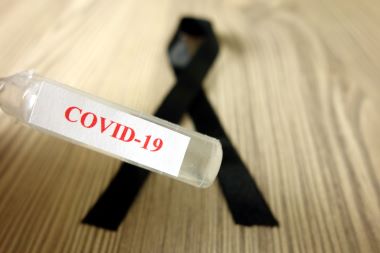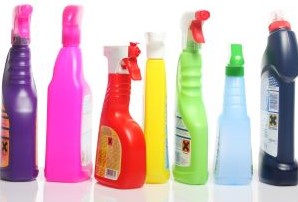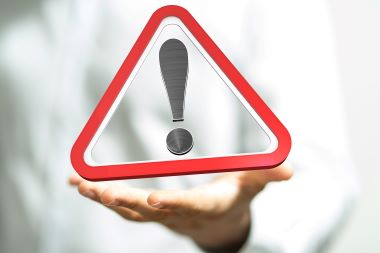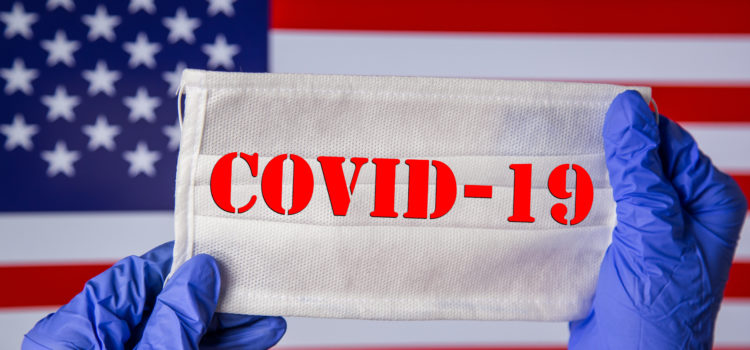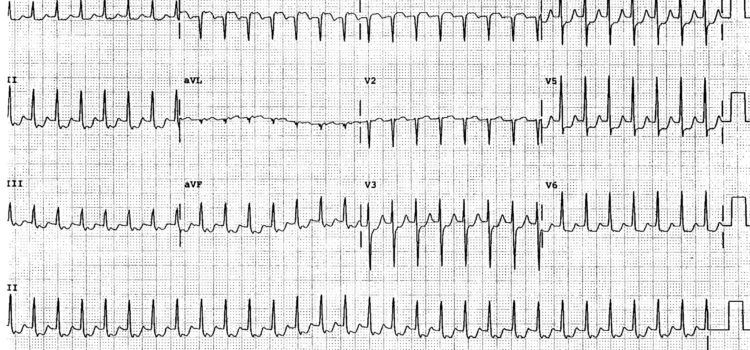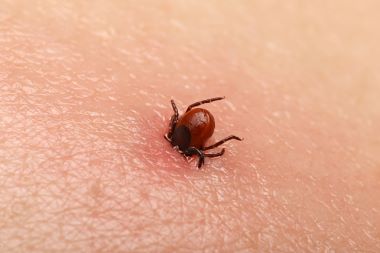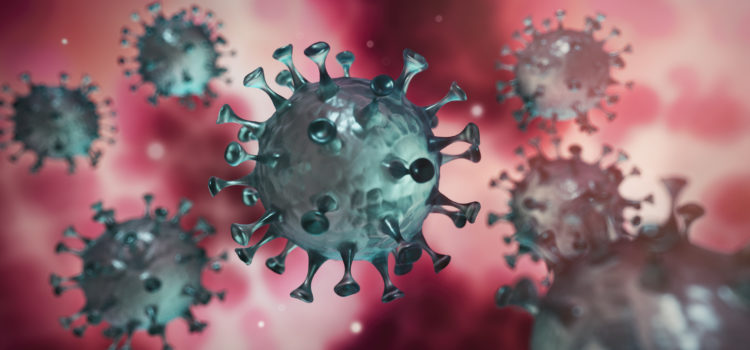Several drugs (and even, dangerously, household cleaning products) have been put forth as possible preventive or curative agents for COVID-19. They’ve all been discredited for that purpose, ultimately, so far. Now, however, researchers in the UK are suggesting that a commonly used glucocorticosteroid may hold some promise. As part of the Randomised Evaluation of COVID-19 Therapy (RECOVERY) trial, dexamethasone was shown to reduce death from COVID-19 by one third in ventilated patients and by one …
Read More